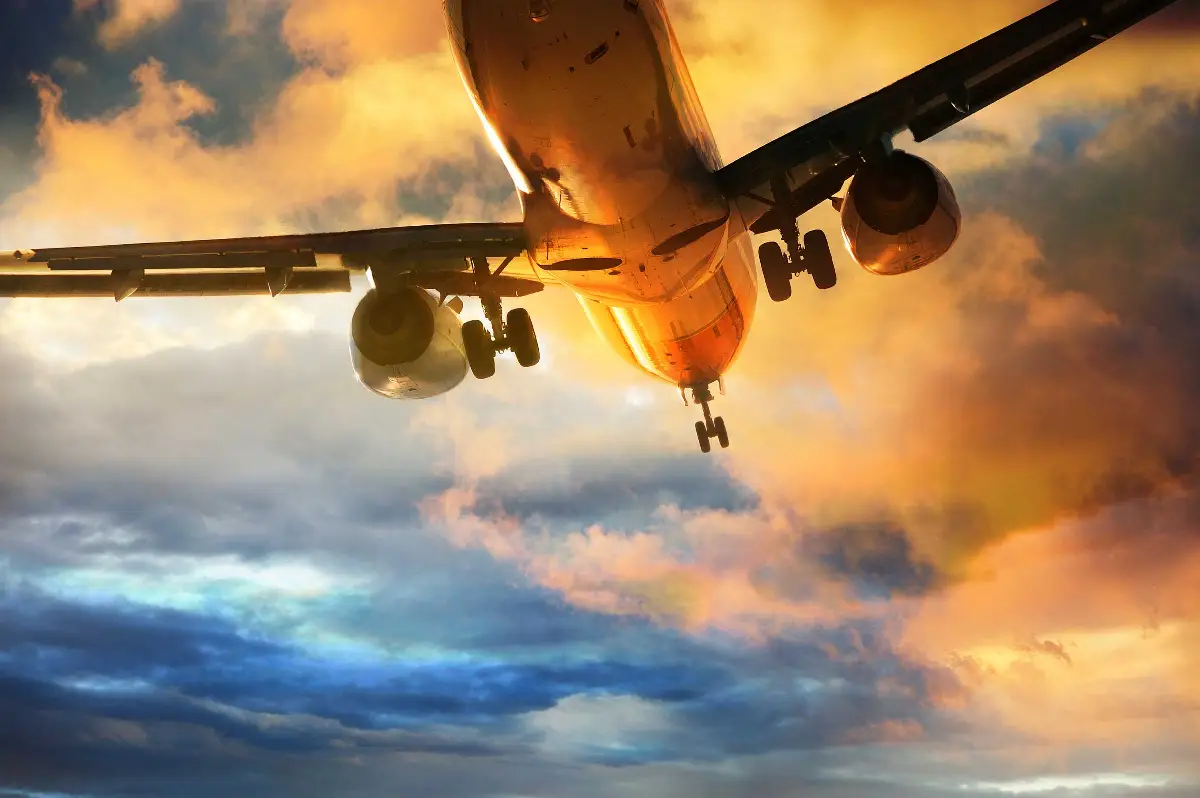
Transport sector accidents: multimodal investigation authority established in Spain
Reference model, and an opportunity to reflect on the Italian situation

Spain has also decided to establish a multimodal investigation authority to investigate, for prevention purposes, accidents and incidents in the transport sector, abandoning the previous system based on single-modal investigation bodies.
With Law no. 2/2024 of 1 August 2024, the “Autoridad Administrativa Independiente para la Investigación Técnica de Accidentes e Incidentes ferrovias, marítimos y de aviación civil” was established. This increases the number of European States that, for multiple reasons (including that of optimizing resources), have decided to equip themselves with a multimodal investigative authority, ie an authority that investigates events of interest for safety (accidents and occurrences) that have happened in multiple segments of transport (airplane, sea, rail). In fact, Spain joins, to name the most significant States, the Netherlands (whose Dutch Safety Board represents an interesting reference model in the Eu), Denmark, Finland, Norway, Sweden, Switzerland and Hungary, which have already been operating with multimodal investigative authorities for some time.
The new Spanish entity will be a truly independent administrative authority. It will take over the three investigative bodies currently in existence, thus exercising the functions that until now had been the responsibility of the Comisión de Investigación de Accidentes Ferroviarios (CIAF), the Comisión Permanentede Investigación de accidentes e incidentes marítimos (CIAIM) and the Comisión de Investigación de Accidentes e Incidentes de Aviación civil (CIAIAC); these three bodies were organically incorporated into the Ministerio de Transportes y Movilidad Sostenibile, although they enjoyed functional independence.
As can be seen from the examination of the founding law, the objective of the Spanish legislator was to strengthen the independence of the investigative entity to the maximum, so that it is not only functionally independent from the executive power, but also from an organizational point of view. Also from a financial point of view, an attempt was made to make the new authority as independent as possible, guaranteeing it, in addition to the allocations coming from the State budget, a participation in the revenues deriving from the imposition of certain taxes (air safety tax, navigation aid tax, tax for the provision of services and the realisation of railway safety activities).
The newly established investigative authority will have two bodies (the President and the Board of Directors) and will be divided into three directorates (for the investigation of accidents and occurrences in the railway, maritime and civil aviation sectors) and a general secretariat, which is responsible for ensuring administrative and legal support for the entire structure. The unit for assistance to accident victims and their families will depend directly on the office of the presidency of the authority, aimed at meeting their needs within the limits established by law.
The founding law also provides that in carrying out its institutional tasks, the authority shall apply, with preferential effect, international or European legislation directly applicable in Spain, relating to railway, maritime and aeronautical investigations, respectively. The provision also emphasizes that the authority shall ensure compliance with the principle of “just culture”, guaranteeing, in the terms defined by the law itself, the protection of confidential information and the rights of the persons involved in the investigative proceedings.
1-Continues
AVIONEWS - World Aeronautical Press Agency